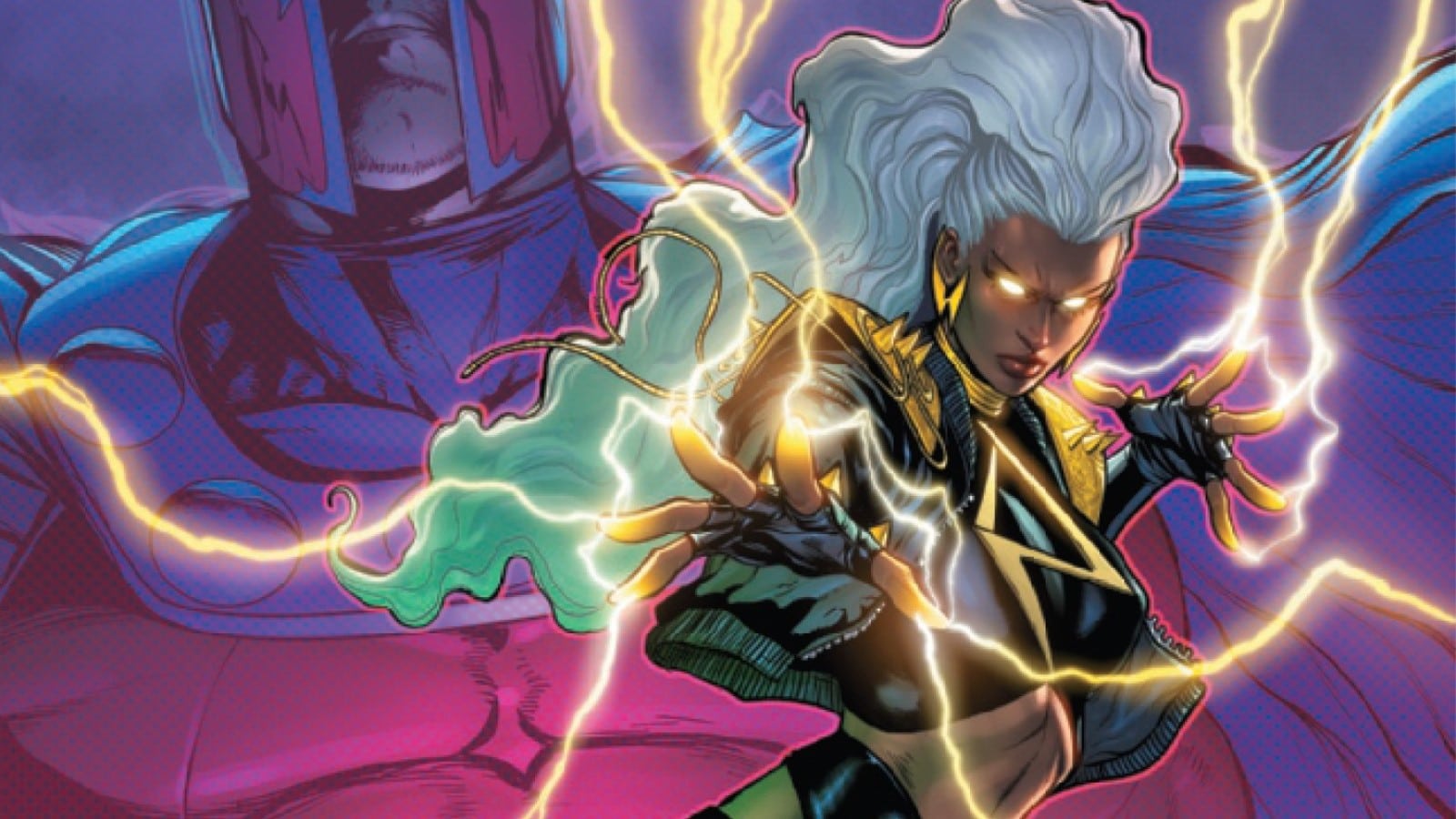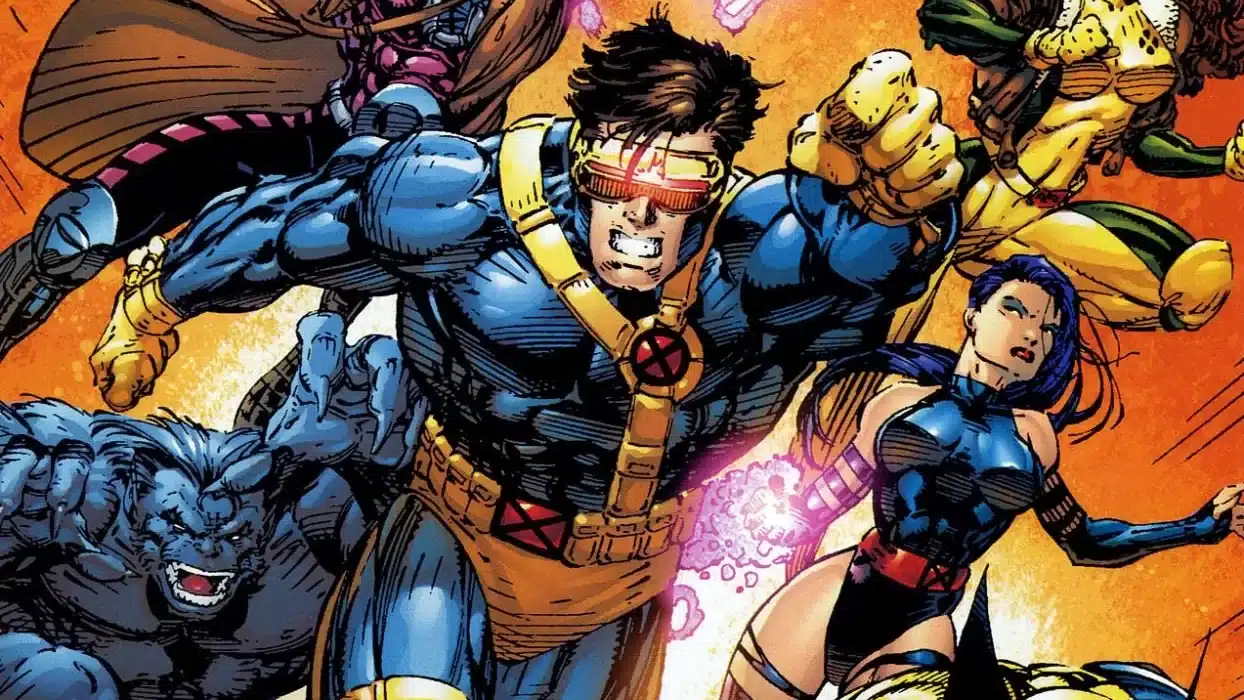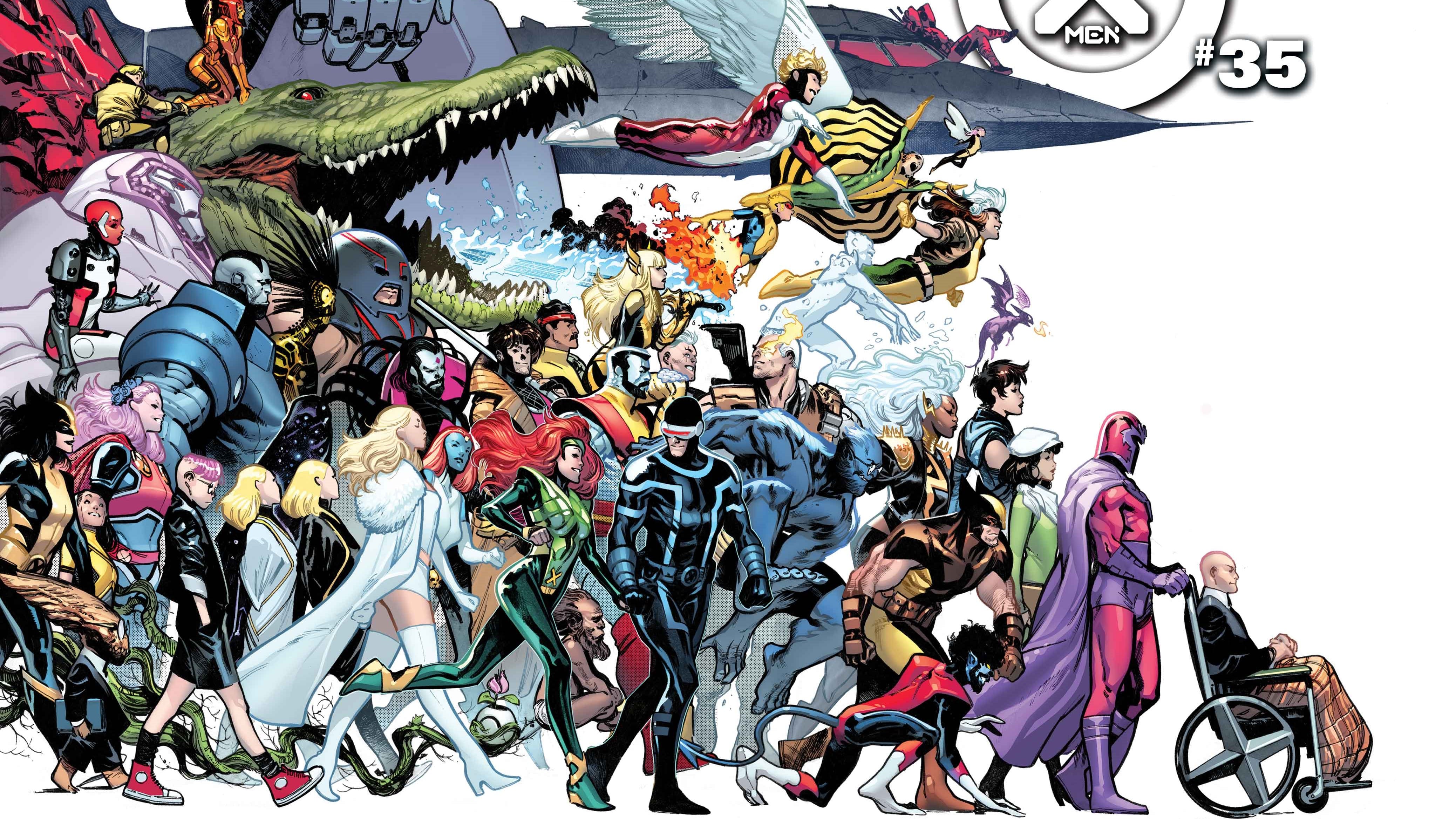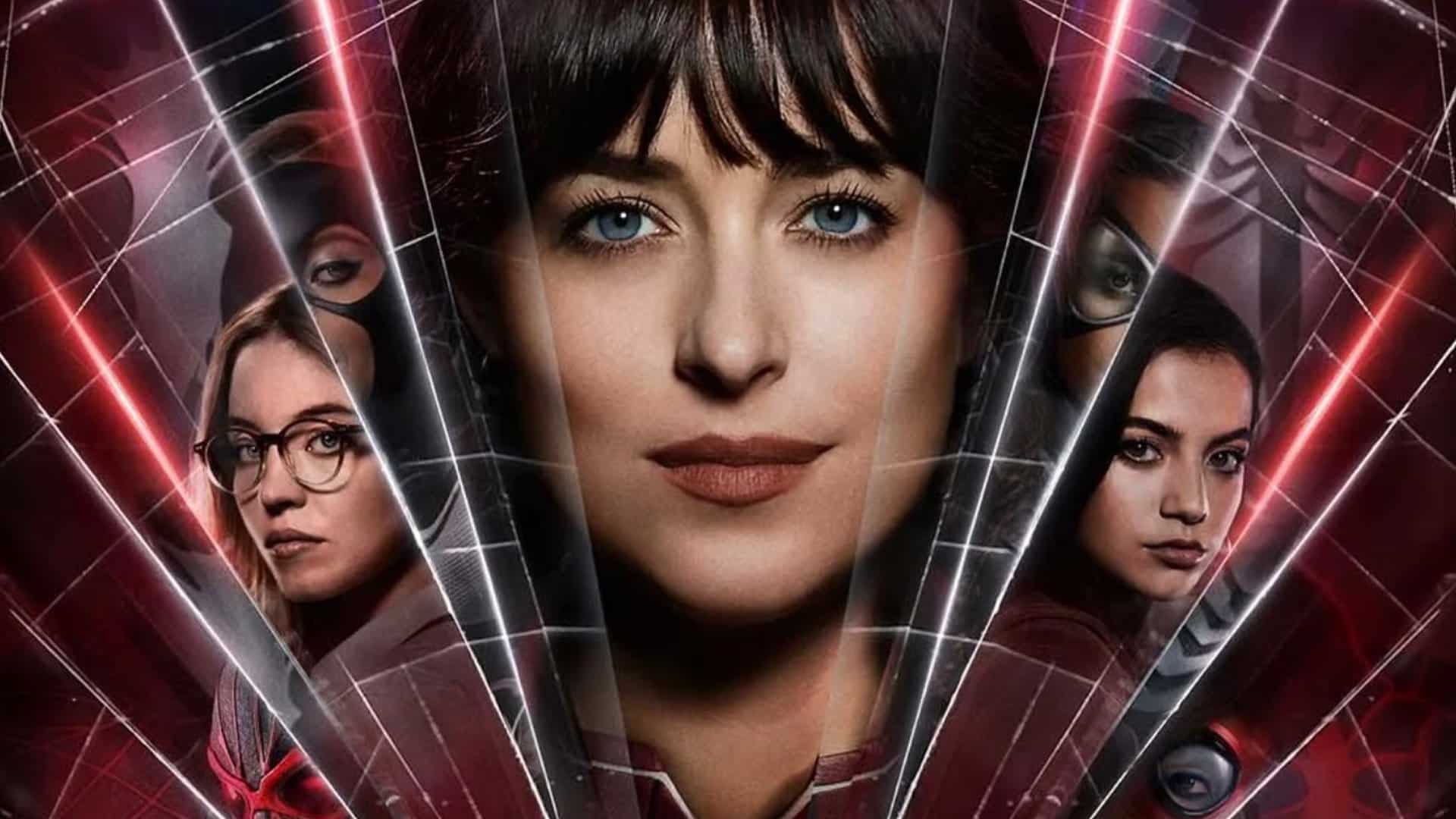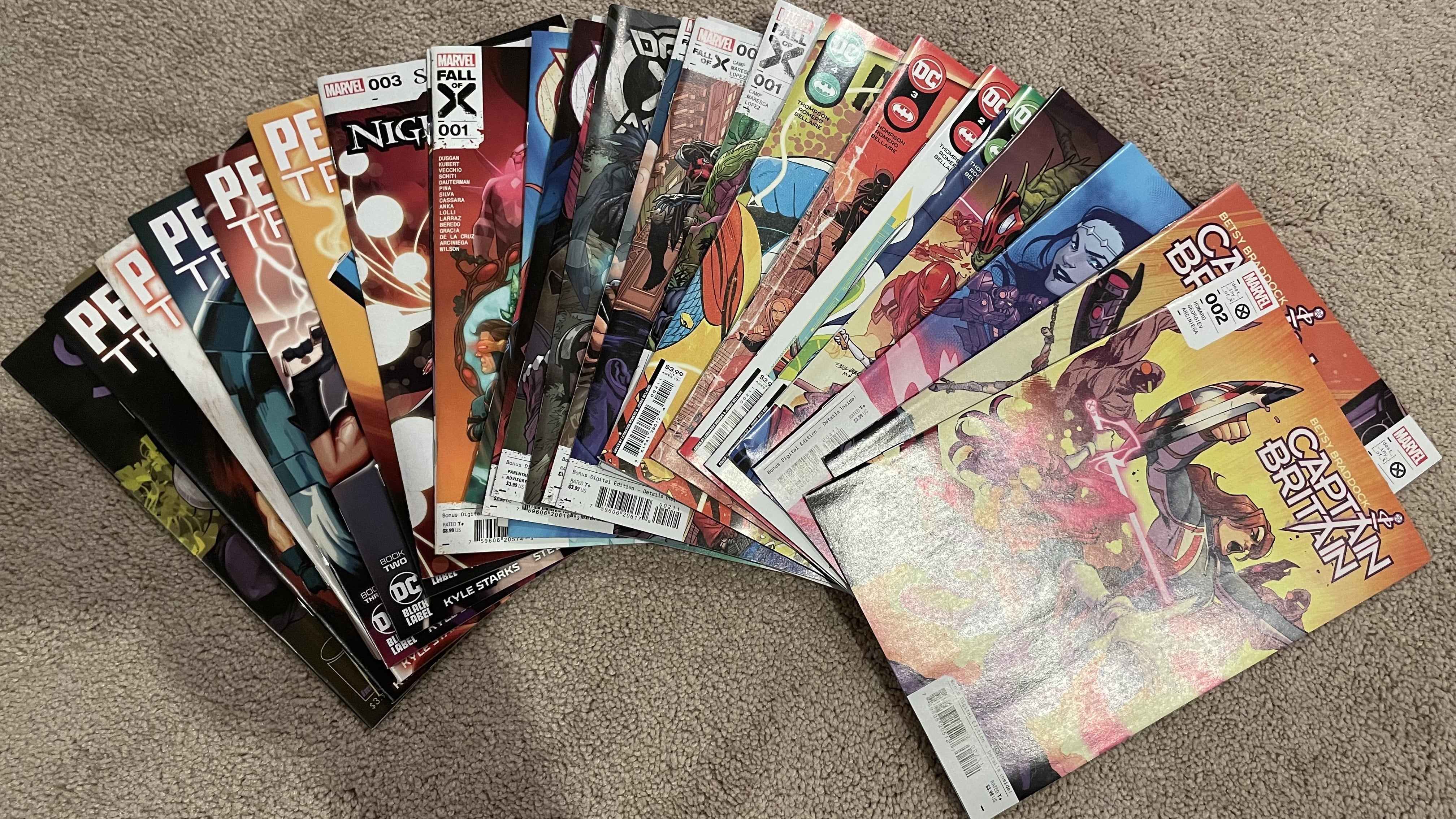I Imagine working as a creator in comics — let alone as an editor — can be thankless. The fans you tirelessly advocate on behalf of too often find your work insufficient and incorrect — often for wildly divergent reasons. Just look through the internet (or don’t if you value your sanity): See echos of competing, contradictory voices, voices that clearly coalesce around political ideologies, asking for exact opposites; each voice arguing their voice is the only, true, *correct* viewpoint.

Given all of this, I understand why Storm’s hair texture might be the least of your worries. Why, in the long list of things you’ve got to worry about, this might simply seem like yet another pet proclivity, and given everything you’ve got to balance, everyone’s pet proclivity can’t be given precedence.
Black hair is not a pet proclivity.
Let’s talk about a young comic fan. Let’s call her Sue.
Sue, all of 10 years old, has beautiful, rich, gloriously dark skin. Her beautiful, rich, glorious skin tone matters because it’s a cause of strain and snide comments that can manifest as rejecting her inherent beauty, richness and glory for deep-seeded disgust. Sue wouldn’t be the first girl to feel this disgust; she certainly, sadly won’t be the last. She sees amplified and adored images of people with hair that doesn’t fall the way hers does. She wonders, implicitly, if beautiful people have hair like her, if those others adore have hair like hers.
She looks, implicitly, for signs everywhere, anywhere that she is enough.
Then she looks at your comic. She sees her skin, but she doesn’t see her hair.
Another sign. Another sign.
I wish she — and I — could exist in a world where hair was the least of our worries: a world where acceptance, or career advancement, or receiving an education didn’t depend on if I chose to wear my hair naturally as it grows out of my head.
But we do not live in this world. We live in a world where acts of city councils, state legislatures and congress were necessitated to protect the right of humans, of Black people, especially Black women who look like Storm, to simply exist as they were created.
This may be surprising to you; I’m sure it’s surprising to many.
Sadly, none of this is surprising to the many millions who share our hair.

So yes, it may be frustrating to read yet another person projecting their problems onto your plate, posting vitriol and expecting validation. I get that. I really do.
Rest assured it’s also just as frustrating, just as exhausting — and humbling, and humiliating — to feel the need to advocate for those whose psyches will be affected by your decisions. I shouldn’t have to ask that our humanity be recognized, over and over again.
I just want to enjoy comics as a fan. But I also recognize that I have a responsibility to be more than a fan — to be a caretaker of the genre.
Part of caretaking is ensuring there is space for those who might not see themselves on glossy covers or behind counters. I don’t want anyone to feel intimidated or devalued like I first did when I became a fan. Your words, whether you intended them to or not, made a significant number of comic fans feel intimidated and devalued. I want those fans to feel comforted, encouraged and uplifted. I want those fans to grow beyond fandom, beyond caretakers, to become creators: the new Eve Ewing or Jim Lee; the new Dwayne McDuffie or Jonathan Hickman.
Maybe even the new Tom Brevoort.
And if that means asking that your most popular, provocative and powerful dark-skinned woman character exist in a way that speaks an implicit truth about worth and beauty to fans who, like Sue, look like Storm, then so be it.
Storm may not be a queen anymore, but she still wears a crown upon her head.
How much better the world would be if her crown matched the crown naturally laid on that of her fans.
It’s your call. Choose wisely.
A proud New Orleanian living in the District of Columbia, Jude Jones is a professional thinker, amateur photographer, burgeoning runner and lover of Black culture, love and life. Magneto and Cyclops (and Killmonger) were right.
Find more of Jude’s writing here.

